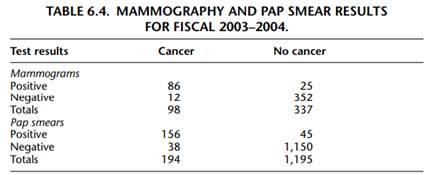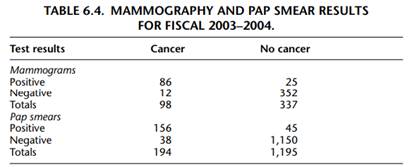You have been designated the chair of an outbreak investigation and prevention committee by the CEO of South Suburban Hospital. Your committee’s charge is to investigate a concern presented by the state health department, which maintains registries for most infectious diseases. Review of these registries revealed that over the past five years, sixteen cases of acute Hepatitis B virus (HBV) infection had a commonality: all sixteen patients had visited the same hospital-based medical practice, housed at South Suburban Hospital, before the onset of the infection. The state health department conducted an investigation, consisting of the collection of blood samples from health care personnel coupled with a series of comprehensive interviews. Results of the investigation indicated the following: none of the health care personnel had a history of acute hepatitis or HBV immunization, and two physician dermatologists had negative HBV surface antigen tests but positive HBV surface antibody tests, which indicated that the physicians had been exposed to HBV. Further investigation revealed that these two physicians had seen 15,000 patients over the five-year study period (that is, 15,000 patient visits). The majority of these patients were white, female, and over the age of 50 years. The state health department has issued the following questions to be investigated by your outbreak investigation and prevention committee: • What is the source of the Hepatitis B virus outbreak? • How did the outbreak begin?


• Who is the index case? • Has the outbreak ended? • What is the hospital’s plan to ensure that future outbreaks will not occur? The state health department has notified local news media about its concern and investigation. A local newspaper suggests that medical practices at South Suburban Hospital will be shut down within thirty days due to substandard treatment practices. The story erroneously reports that the CDC has dispatched an epidemic investigation team and may even close the entire hospital due to patients’ acquiring infections while hospitalized.
a. Before investigating the outbreak and searching for answers to the questions posed by the state health department, what preliminary question must be answered by your committee? What methods would you use to answer this preliminary question?
b. What is an appropriate personnel configuration for the outbreak investigation and prevention committee? Why?
c. Which patient records should your committee review?
d. What medical care protocols, if any, should be reviewed?
e. What further testing should be performed, if any? If a comprehensive study is to be designed, discuss and justify potential study designs.
f. Which epidemiologic measures are important in answering the questions posed by the state health department?
g. How would your committee respond to negative news media coverage, and what actions would you recommend that the hospital take?
h. Answer the questions posed by the state health department by drafting a report (three to five pages in length) for submission to the department. Include recommendations for preventive measures.
i. What type of outbreak is occurring?

